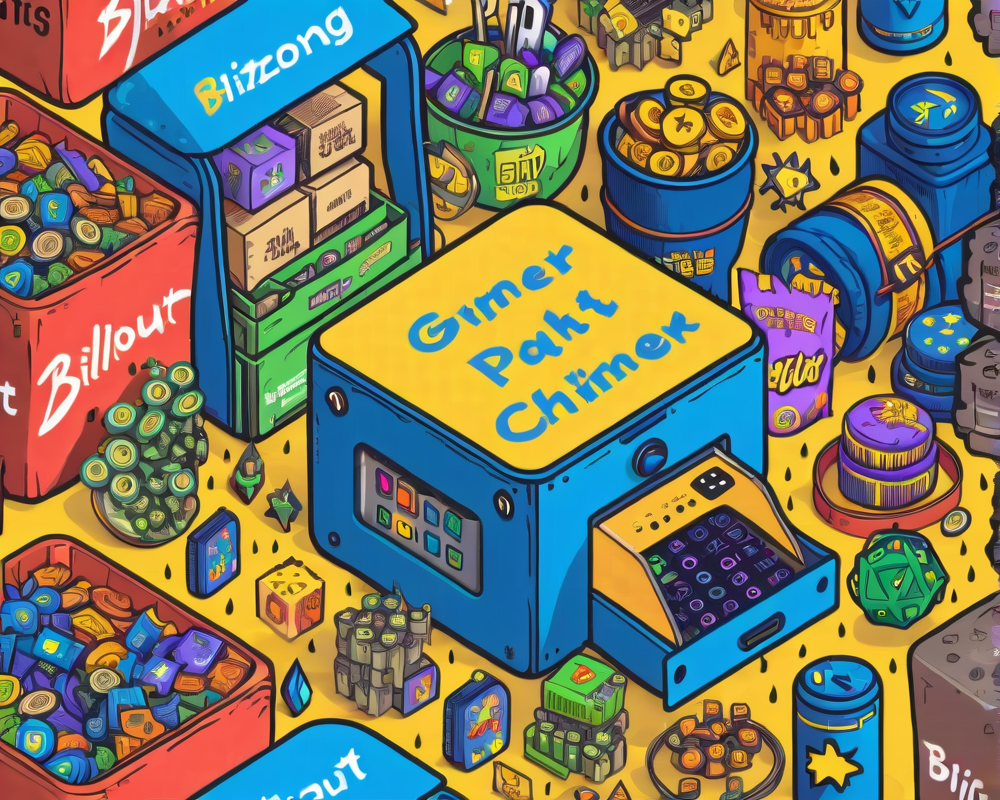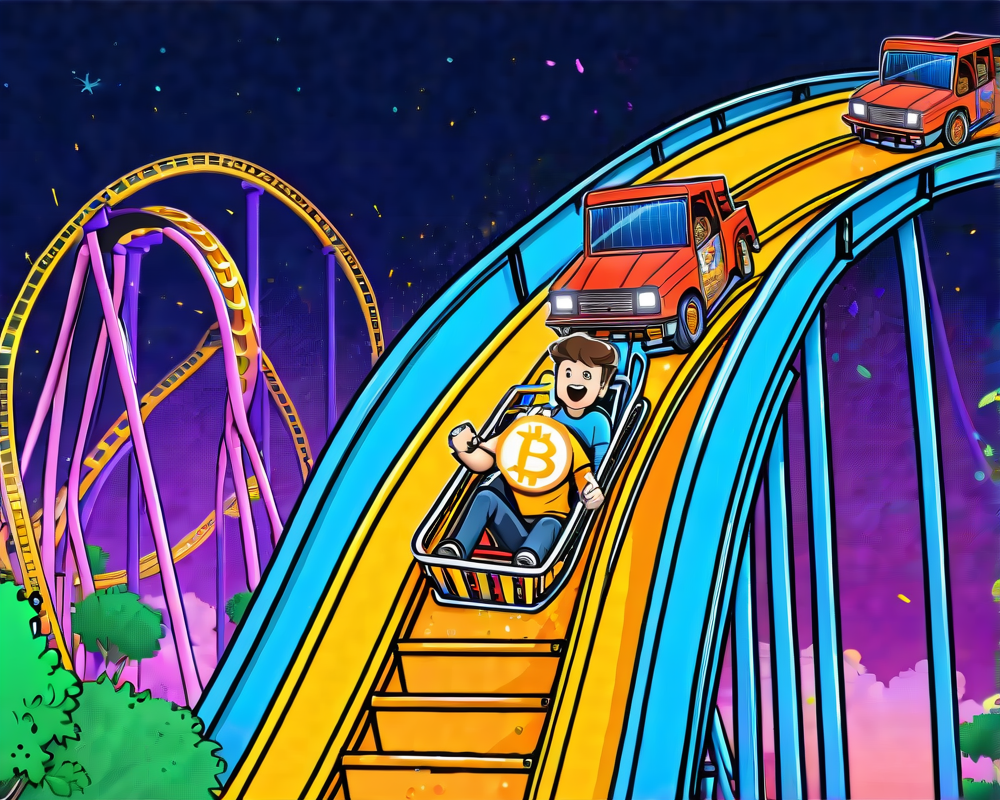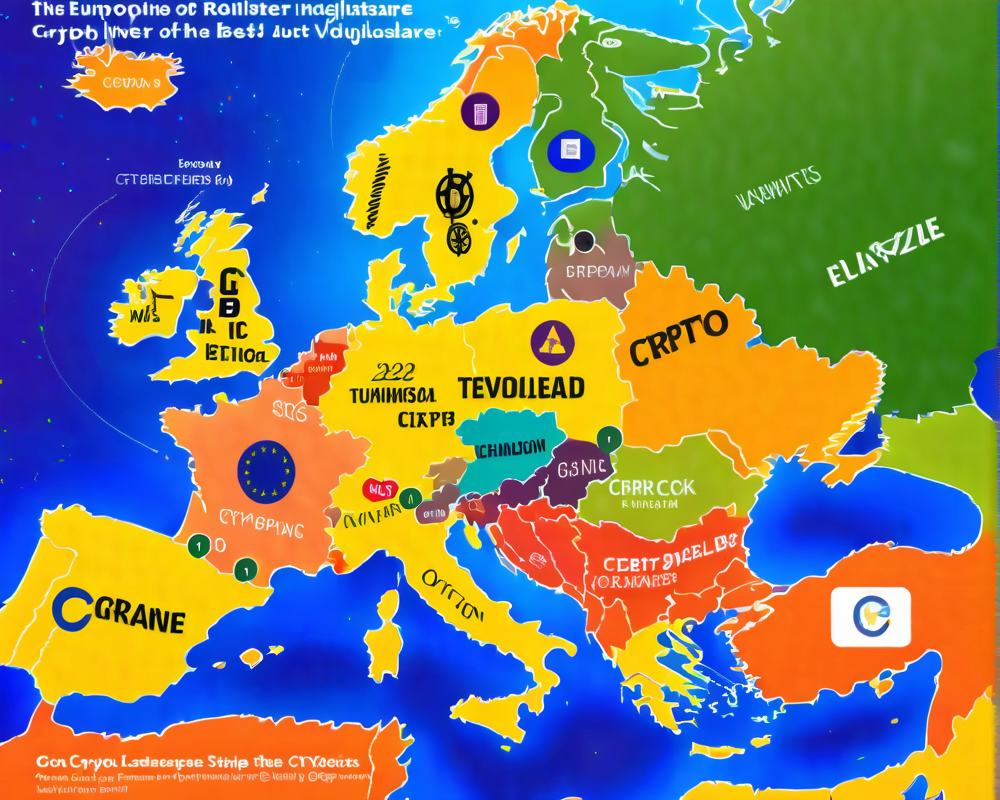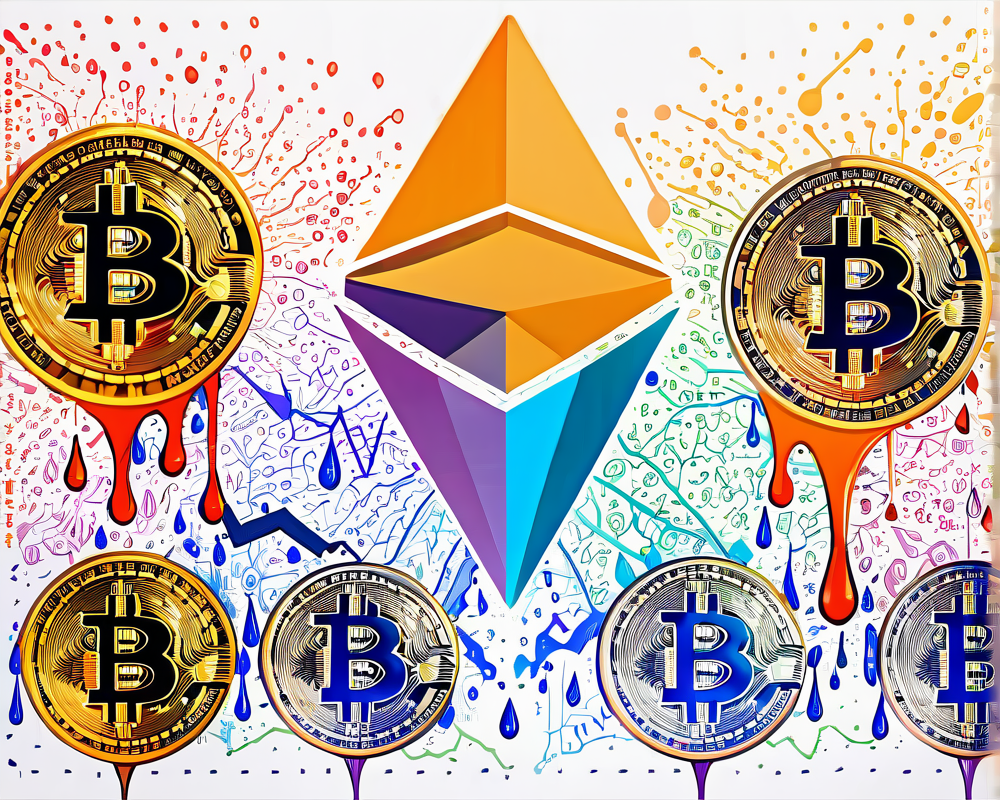The Outrage: Blitzchung’s Brave Stand
The gaming world erupted when professional gamer Chung Ng Wai, aka Blitzchung, was expelled from Blizzard’s Hearthstone esports tournament. During a post-match interview, he boldly stated, “Liberate Hong Kong, the revolution of our time,” while donning a gas mask—an iconic symbol of the Hong Kong protests. Blizzard didn’t find his statement humorous, promptly disqualifying him and revoking his prize money. Talk about a plot twist!
Enter the Savior: Gods Unchained
As the dust settled, rival game Gods Unchained swooped in to save the day like a superhero in a tank top. They announced they wouldn’t just stand by while Blizzard played the Grinch; they would refund Blitzchung’s lost earnings and extend an invitation to their own tournaments, boasting a hefty $500,000 prize pool. More importantly, this nod of solidarity shines a light on blockchain gaming’s potential to sidestep censorship and give power back to players!
Blockchain vs. Centralized Platforms
What sets Gods Unchained apart is their player-centric model with blockchain technology. Unlike Hearthstone, where the company’s rules reign supreme, Gods Unchained players own their cards—not just a digital version, but a verifiable asset on the Ethereum blockchain. This means Blizzard can’t swoop in and snatch winnings based on a single statement. Eve-ryone could use a little more of that freedom, right?
The Backlash: Blizzard’s Wobbly Stand
The reaction against Blizzard was swift and fierce. Users took to Reddit, some pledging to deactivate their accounts in protest. U.S. senators even joined the fray; Ron Wyden and Marco Rubio voiced discontent, calling out Blizzard for appeasing the Chinese government. In response to mounting pressure, Blizzard backpedaled a bit, revising the punishment to allow Blitzchung to retain his winnings but still enforcing a six-month suspension. Just imagine: a giant company admitting they might’ve acted too hastily! What a revelation!
The Future: Censorship or Freedom?
As companies navigate the waters of international politics, the importance of decentralized systems like Gods Unchained becomes more important. Blockchain’s peer-to-peer nature promises a future where players can trade as freely as they would ball cards. Fazri Zubair, CTO at Lucid Sight, summed it up perfectly: if governments start cracking down on trades, they’ll have to justify why trading a digital card is different from traditional cash. The whole situation raises the stakes in the debate over censorship versus free speech in gaming.
Striking the Balance
While some argue for greater decentralization in the gaming realm, the reality remains that many platforms wield significant control over user experience and ownership. However, a blend of centralized gaming with decentralized asset ownership might offer an acceptable compromise. After all, navigating these complex landscapes is what gamers and tech enthusiasts do best!




